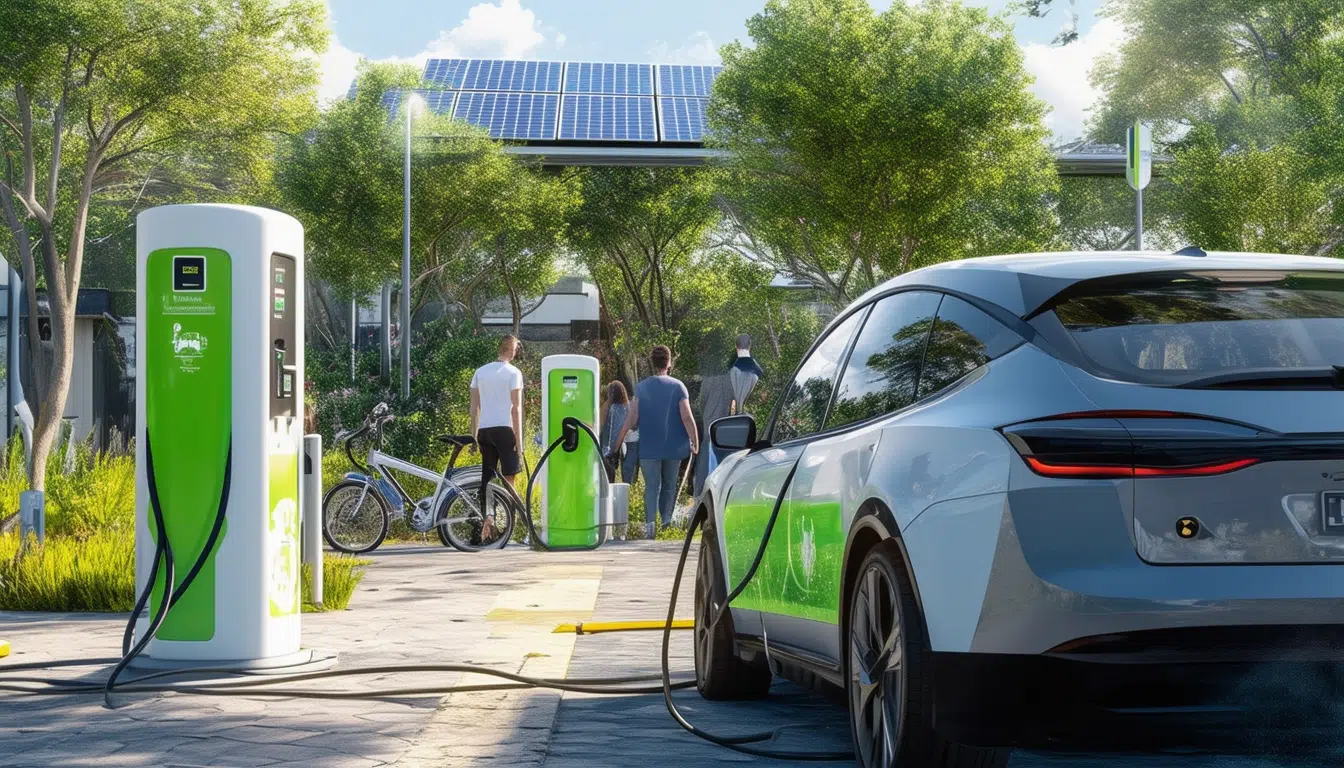Reduction of fuel spending: effective strategies

The reduction of fuel expenditure has become a fundamental priority for companies seeking to optimize their costs and contribute to sustainability. Implementing effective strategies to decrease gasoline consumption not only benefits the wallet but also helps reduce pollutant emissions into the environment. Through practices such as planning efficient routes, proper vehicle maintenance, and promoting responsible driving, it is possible to achieve significant savings in fuel expenses.
Fuel expenditure represents one of the most significant costs for companies and consumers in general. With the constant increase in fuel prices, it becomes essential to adopt effective strategies to reduce these expenses. The following are various tactics that can be implemented to optimize gasoline and diesel consumption, minimize costs, and contribute to environmental sustainability.
Proper route planning
One of the most effective ways to reduce fuel expenditure is through route planning. Using advanced navigation applications, it is possible to identify the shortest path and avoid traffic, which translates into considerable savings in gasoline. Additionally, planning stops and avoiding unnecessary detours helps maximize travel efficiency.
Regular vehicle maintenance
Vehicle maintenance is crucial to ensure optimal performance. Regularly checking tire pressure and keeping them in proper condition can significantly improve fuel performance. Furthermore, performing periodic oil changes and checking the condition of filters also contributes to more efficient driving.
Efficient driving
Adopting efficient driving habits is essential to reduce fuel consumption. Maintaining a constant speed and adhering to speed limits is not only safe but can also decrease gasoline expenditure by up to 15%. Avoiding sudden accelerations and harsh braking also contributes to a more effective use of fuel.
Fleet management
For companies operating with fleets of vehicles, implementing a fleet management system can be decisive. This type of solution allows monitoring driving behavior and establishing speed restrictions, which can lead to more efficient fuel use. Every liter saved in fleet management can represent significant savings in operating costs.
Use of advanced technology
Integrating innovative technologies such as hybrid or electric vehicles can result in a considerable reduction in fuel expenses. These vehicles are less dependent on fossil fuels and therefore present a lower operating cost in the long term. For more information on the benefits and functions of electric vehicles, visit this page.
Carpooling and carsharing
Another option to reduce fuel expenditure is carsharing or the practice of carpooling. This alternative not only decreases costs for users but also contributes to lower congestion in cities and reduces the carbon footprint. To discover how carsharing can transform your day-to-day life, check this article.
Education and awareness
Training staff in eco-driving techniques and raising awareness about fuel consumption are aspects that should not be underestimated. Investing time in educating employees about practices that promote energy efficiency can result in substantial changes in operating costs. The practice of driving consciously and responsibly can have a notable impact on fuel expenditure.
Innovations and alternatives in the market
Innovations continually emerge in the market that allow for a more efficient use of energy resources. For example, the use of alternative engines such as the water-based engine that has been recently developed. To understand more about this type of technology, detailed information can be found at this page.
The reduction of fuel expenditure is a primary goal for companies seeking not only to improve their profitability but also to adopt more sustainable practices. Implementing effective strategies can make a difference in the operational efficiency of a fleet, significantly contributing to cost reductions.
One of the most effective strategies is route planning. Using advanced navigation applications allows drivers to select shorter paths and avoid congestions, translating into lower fuel consumption. This technique not only optimizes time but also reduces the emissions of polluting gases, aligning with the environmental goals of many companies.
Moreover, maintaining a constant speed within legal limits is crucial. Studies show that adhering to this rule can decrease fuel consumption by up to 15%. Avoiding sudden accelerations and sudden braking is equally relevant; promoting efficient driving among drivers is fundamental to ensure a more rational use of fuel.
The importance of regular maintenance of vehicles should not be underestimated. Proper mechanical care, which includes checking tire pressure and changing air filters, contributes to fuel efficiency. Implementing these proactive measures not only extends the lifespan of vehicles but also ensures optimal performance in fuel consumption.
Finally, integrating innovative technologies such as the use of electric or hybrid vehicles can be a long-term solution that helps to minimize fuel costs, offering the company a cleaner and more efficient perspective on its activities. These strategies, when adopted comprehensively, not only benefit the company but also contribute to a more sustainable and responsible society.




